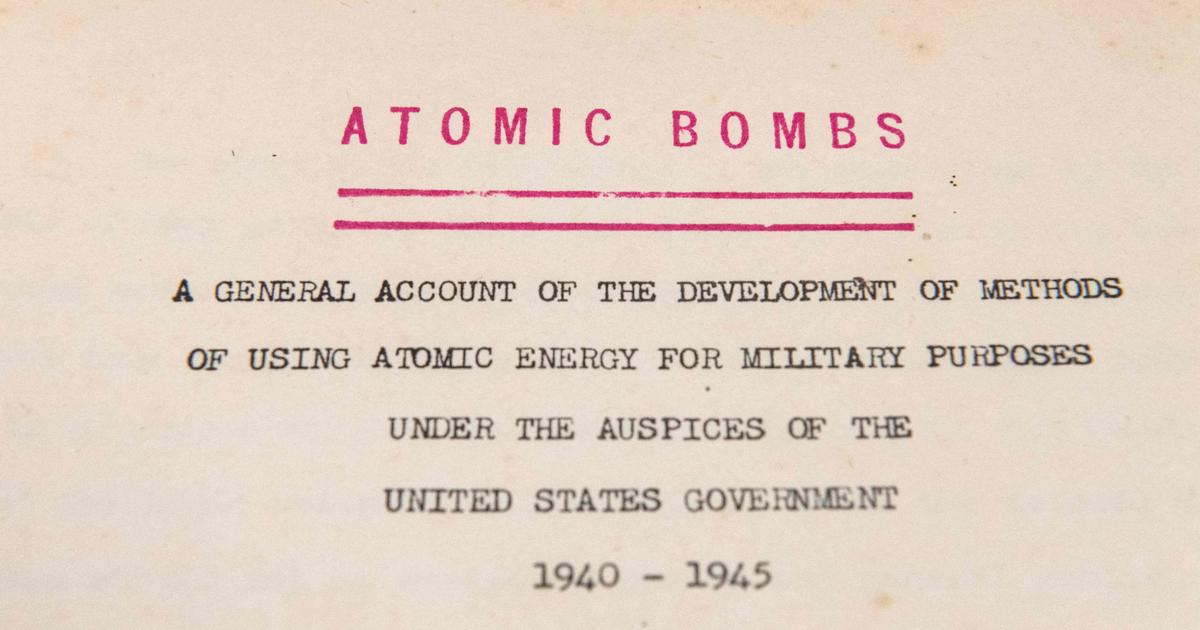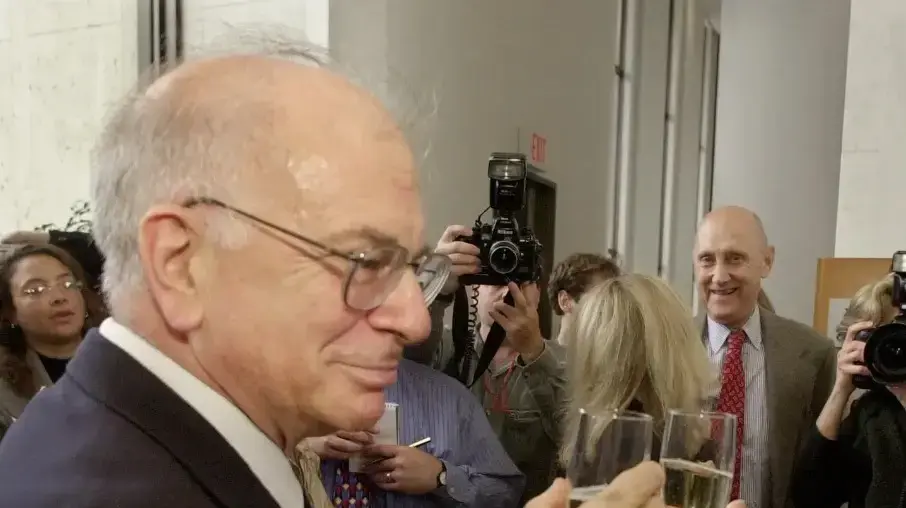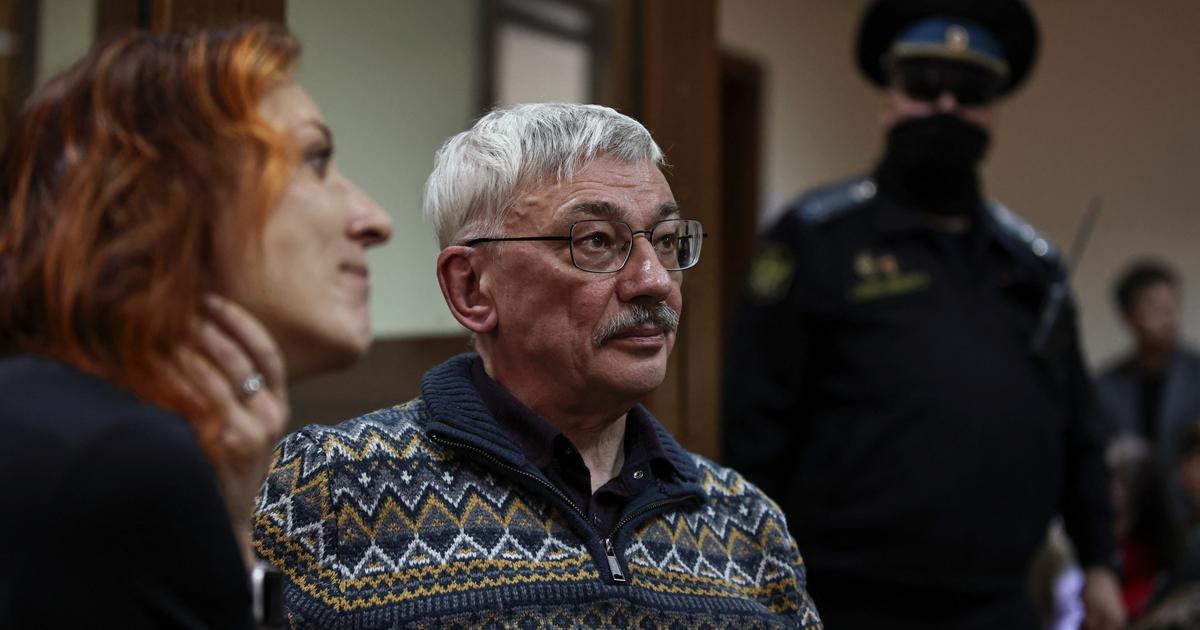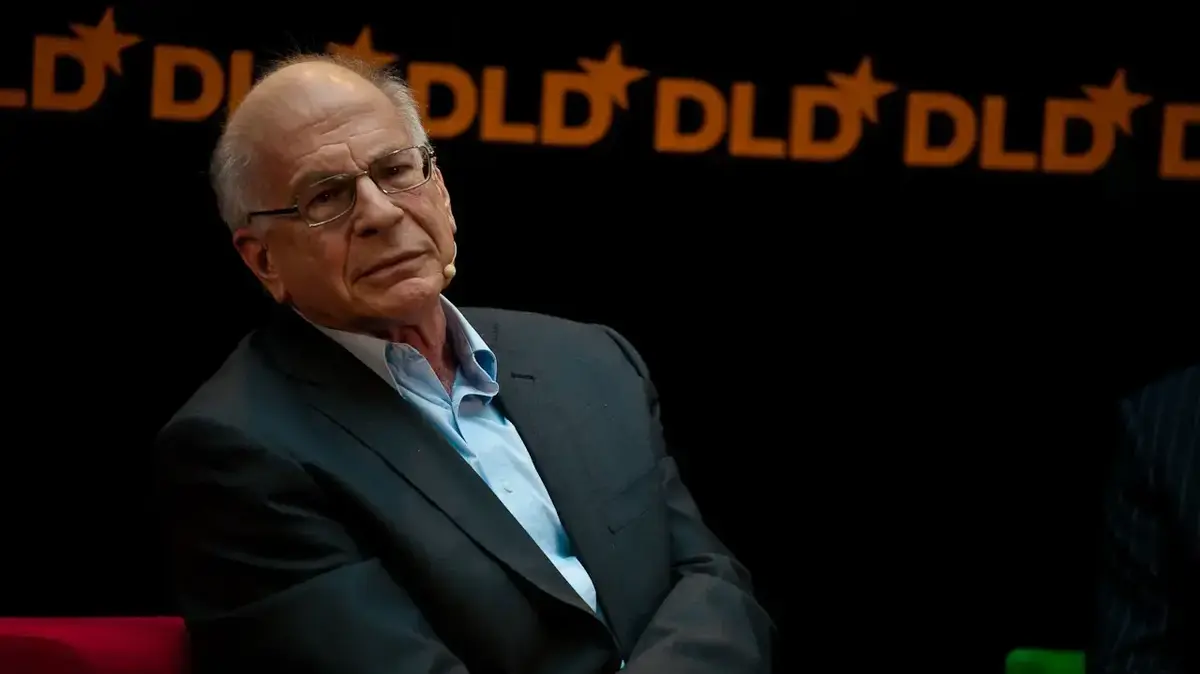Icon: enlarge
US President Trump, Russian President Putin (r., Archive image): "It goes without saying that Trump should receive the Nobel Prize" - finds Fox News
Photo:
KEVIN LAMARQUE / REUTERS
To person
Icon: enlarge
Nils Hansson is
doing research on excellence in science at Heinrich Heine University in Düsseldorf and has published a lot about the past and present of the Nobel Prize.
In public, the Nobel Prize towers above all other symbols of excellence.
No other award in the world can compete with the Nobel hype.
This year, too, the media response to the announcements in the six prize categories Physiology or Medicine, Physics, Chemistry, Literature, Peace and Economy is enormous.
The laureates become superstars overnight: some continue their research career immediately, others are increasingly involved in current issues outside of their expertise and sign petitions of all kinds. Lobbyists know: the signatures of Nobel Prize winners guarantee headlines.
This year, another absurd phenomenon has become apparent: a number of media reports not only on the laureates, but also on individual nominations.
For example, the
New York Times
and the
Huffington Post
write about
alleged Nobel Peace Prize nominations for Donald Trump.
Accordingly, Trump is said to have been proposed for the "peace move" between Israel and the United Arab Emirates or for his involvement in negotiations between Kosovo and Serbia.
Reactions to this revelation were not long in coming: White House press secretary Kayleigh McEnany called the nominations "well-deserved recognition" for the president, and journalist Laura Ingram (Fox News) went one step further: "It it goes without saying that Trump should receive the Nobel Prize ".
Shortly thereafter, commentators also shared information about Nobel Peace Prize nominations for Vladimir Putin.
He too had been proposed several times, including for his activities in the Syria conflict.
In both cases, the opinions of readers were (and are) numerous and controversial, the comment loops on social media endless.
Is it all just a PR trick?
The selection process in the various award categories is different, but let's take a closer look at the Nobel Peace Prize: Are these nominations to be taken seriously?
How much is a nomination even worth?
Not like the Oscars
A project at the University of Düsseldorf is concerned with the analysis of Nobel Prize nominations.
For several years my group has been researching the archives of the respective Nobel Prize committees, in which thousands of Nobel Prize nominations are kept.
The selection process is examined more closely behind the scenes.
A targeted analysis of the Nobel Prize nominations provides answers as to how originality and significance were ascribed to individual people, or they are presented as candidates who are said to have "brought the greatest benefit to humanity" - this is still the key formulation in Alfred Nobel's will The pivotal point in the jury's work is.
According to figures from the Nobel Foundation, 211 candidates and 107 organizations were proposed for the Nobel Peace Prize in 2020.
The relatively high number is not surprising if you take a closer look at the nomination invitations.
They are by no means exclusive: A whole range of people are entitled to make suggestions in this price category, including national members of parliament and professors in the subjects of history, law, philosophy, social sciences, theology and religion, as well as former laureates.
This means that several thousand people are eligible to make proposals in Germany alone.
You don't even need a letter of invitation, you can approach the jury yourself with your proposal.
A Nobel Prize nomination can therefore by no means be compared with an Oscar Academy Award nomination, where few candidates cheer for a prize.
The motives and procedures behind a Nobel nomination are diverse: some nominees ask as influential people as possible to sign the proposal (campaigns of this kind, in which several nominees join together to support a candidate, are not uncommon), others apparently use the nomination as a Means to stage yourself in front of the jury or the media.
All nominations for the Nobel Peace Prize are then viewed by the five-member Nobel Committee in Oslo, but only a fraction (shortlist) of them are subjected to a comprehensive evaluation.
The archives of the Nobel Foundation provide information about the decision-making processes for awarding the prizes, but they can only be viewed fifty years after the respective nomination year.
The rumors have run wild
The Nobel Prize serves largely as a kind of secular canonization.
When we examine the splendor of the Nobel Prizes, we can see the seemingly inviolable mechanisms that lead to social and economic inequality in society as a whole.
Alfred Nobel stated in his will that the prizes should be given to the best in their field, regardless of their nationality.
The practice looks different.
The absolute majority of the award winners come from the USA or Europe.
The gender ratio has hardly changed in the last 120 years either - the decisions made this year confirm the exception as an exception to the rule when the two scientists Emmanuelle Charpentier and Jennifer A. Doudna received the Nobel Prize in Chemistry.
Even if individual nominations are not very meaningful for politicians like Trump and Putin, the nomination patterns over time offer more than gossip.
They point to important reputation factors, such as the constellation of international support networks and reception histories of services.
We won't find out more about Trump and Putin's possible Nobel Prize worthiness until 2070 - when the archives release the files and we can check whether they made it on the shortlist.
The Nobel Committee can therefore neither confirm nor deny any information about nominations.
The rumors run wild: Candidates post screenshots of their nominations on Twitter, and the media is only too happy to spread this news - articles like this guarantee lots of clicks.
In doing so, however, they turn a mosquito into an elephant, because a nomination for the Nobel Peace Prize is not a stamp of quality.
However, quite a few people are already leaning out the window with an opinion that I would not doubt either: that the two politicians are probably not among the favorites in Oslo.
Icon: The mirror















